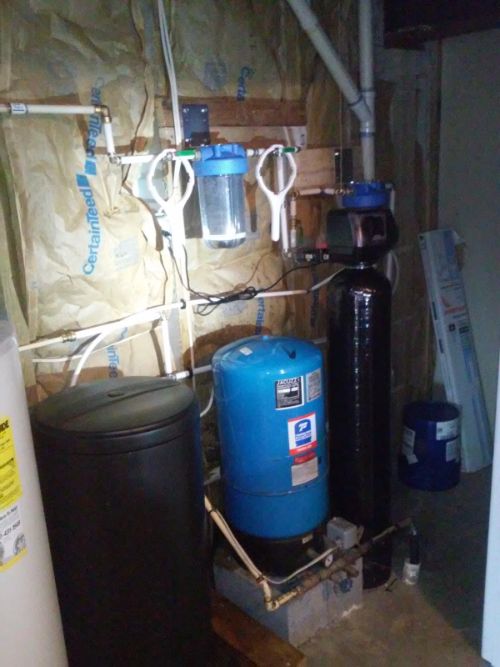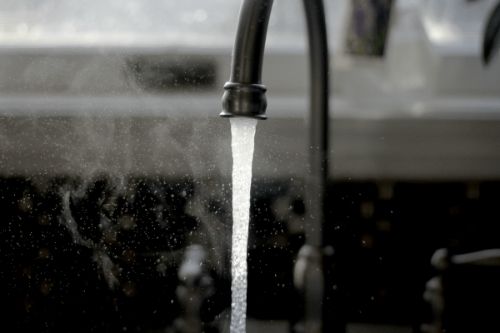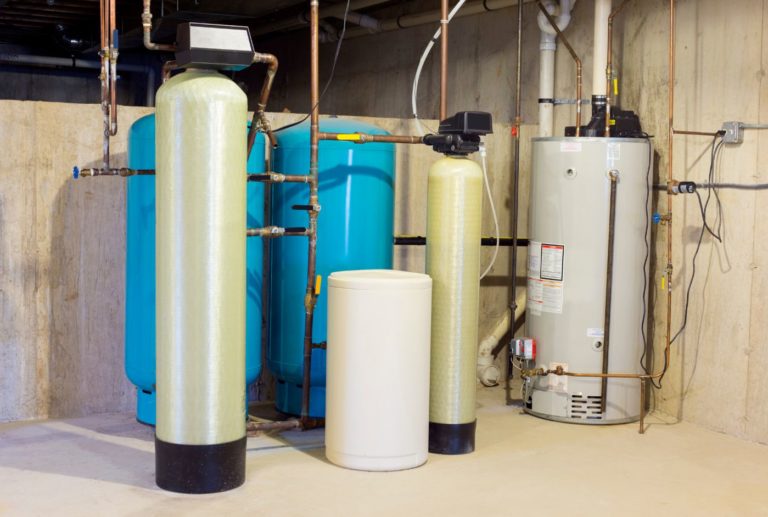Hume, VA Well Pump Service
ClearWater Well & Pump provides customer-focused plumbing, water system & well pump services in Hume, VA.
“I have now used Dan several times. He is always prompt, professional, and takes the time to explain everything.His combination of knowledge and integrity is very reassuring.”
“I highly recommend ClearWater Well and Pump. Have used them a few times and have always been impressed with Dan’s knowledge, professionalism, and fast response time.”
“Prompt, same day service, polite, informative, and knowledgeable. Would recommend to friends or family if needed. Thank you for your service.”
Well Pump Services in Hume, VA
Our expert water system crew is firmly dedicated to caring for you (the customer) and your water system. We pride ourselves on giving you the treatment we would give ourselves.
We are committed to complete customer satisfaction, and we provide pump systems, treatment / filtration systems, testing / inspection, hand pumps, and crane services at an affordable price.
Our well pump team is always ready to service your water system and well pump needs in Hume, VA. Call today for a consultation!


Well Pump Repair in Hume, VA
ClearWater Well & Pump has been repairing and replacing well pumps for over 25 years. We are glad to be able to bring our expertise to Fauquier County.
We repair and replace submersible pumps, booster systems, and pressure tanks, depending on your well pump needs.
Is your water discolored, do you have low water pressure from your faucets, or reduced water flow on your property? If so, then your water well pump may need to be either fixed or completely replaced.
We can use our quarter century of experience with well pump installation, repair, and troubleshooting to quickly find and solve any issues with your well pump.
Water Treatment Systems & Well Inspections
If your home gets its water supply from either city water or a private well, then it is crucial that to have your water tested regularly for contaminated systems or harmful bacteria.
Bad water isn’t always obvious–but its effects on your health can be harmful. It might taste bad, smell bad, have a cloudy appearance, etc.–but it may not.
We can run a yearly test on your water system for pH levels, coliform bacteria, total dissolved solids, nitrates, and more harmful substances, as well as a less regular well water test every two to three years for hardness, chloride, tannins, alkalinity, sulfate, copper, and iron.

Frequently Asked Questions about Well Pumps
Most well pumps will typically last between 5 to 15 years. The main factors that can shorten the lifespan of a well pump include usage (how often the pump is run throughout the day), the quality and size of the motor, and excessive water sediment.
Identifying what is wrong with a well pump system can be difficult if you’re not sure what to investigate. However, some common signs of well pump failure would be weak water pressure, fluctuating water temperatures (very cold, very hot) and water “spitting” from the faucet.
Common signs of well pump failure include: low water pressure, a “spitting” faucet, high electric bills, fluctuations in water pressure throughout your home, scalding shower water, and strange noises or sounds coming from the tank. If you’re experiencing any of these signs, you may have an issue with your well pump and should call a professional to assess your situation.
If your submersible pump is not working, here are a few things you should do right away: check for blown fuses and tripped breakers, check the voltage, check the pressure switch, check splice connections, check the pump and motor. If you’re not sure what all of this means that’s perfectly normal and we recommend calling a professional to take a look at your well pump system.
If properly installed, submersible well pumps should not freeze. Above ground jet pumps, however, are susceptible to freezing in cold weather. Your home’s well water tank should be maintained in a moderate and even insulated climate.
Well pumps come in lots of sizes so it’s important to make sure you’ve got the right size to efficiently support your water usage needs. Getting an oversized pump often leads to unnecessary energy consumption. Additionally, it’s important to have well pumps maintained periodically to check for any problems with pressure or leakage which can lead to more unnecessary energy consumption. Lastly, well pumps use a significant amount of energy every time they start up.
Yes, a water well often increases the value of your property as it can be used to provide water in your house, help to save money on water bills. Additionally, for property owners looking to create extensive landscapes, crops or lawns, having a water well can save you big money in the long run.
Shallow well pumps are typically 25 feet or less and usually require a booster system or holding tank to increase the water pressure as it delivers to the house. Deep well pumps are usually 25 to 400 feet, sitting well below the static water level.
As a general guideline, personal drinking water wells should be at least 10 to 25 (horizontally) away from areas like: wetlands, surface waters, road, protected conservation areas, and septic systems. However, regulations in your state or county standards may differ so you should contact a well water professional or your local health department for more information.
According to the USGS, “the most reliable method of obtaining the depth to the water table at any given time is to measure the water level in a shallow well with a tape. If no wells are available, surface geophysical methods can sometimes be used, depending on surface accessibility for placing electric or acoustic probes.”
Maybe. Shallow wells less than 100 feet deep have a higher risk of contamination because there isn’t enough soil to absorb all the contaminants seeping into the ground.
Most groundwater is safe to drink but it should be tested and monitored regularly. Groundwater that fills wells can sometimes become contaminated, especially if the well is shallow (less than 100 feet).
As a general rule, your well should be at least 100 feet deep in order to reduce the chance of contaminants seeping into the water and increase the chance of minerals being able to present in the water.